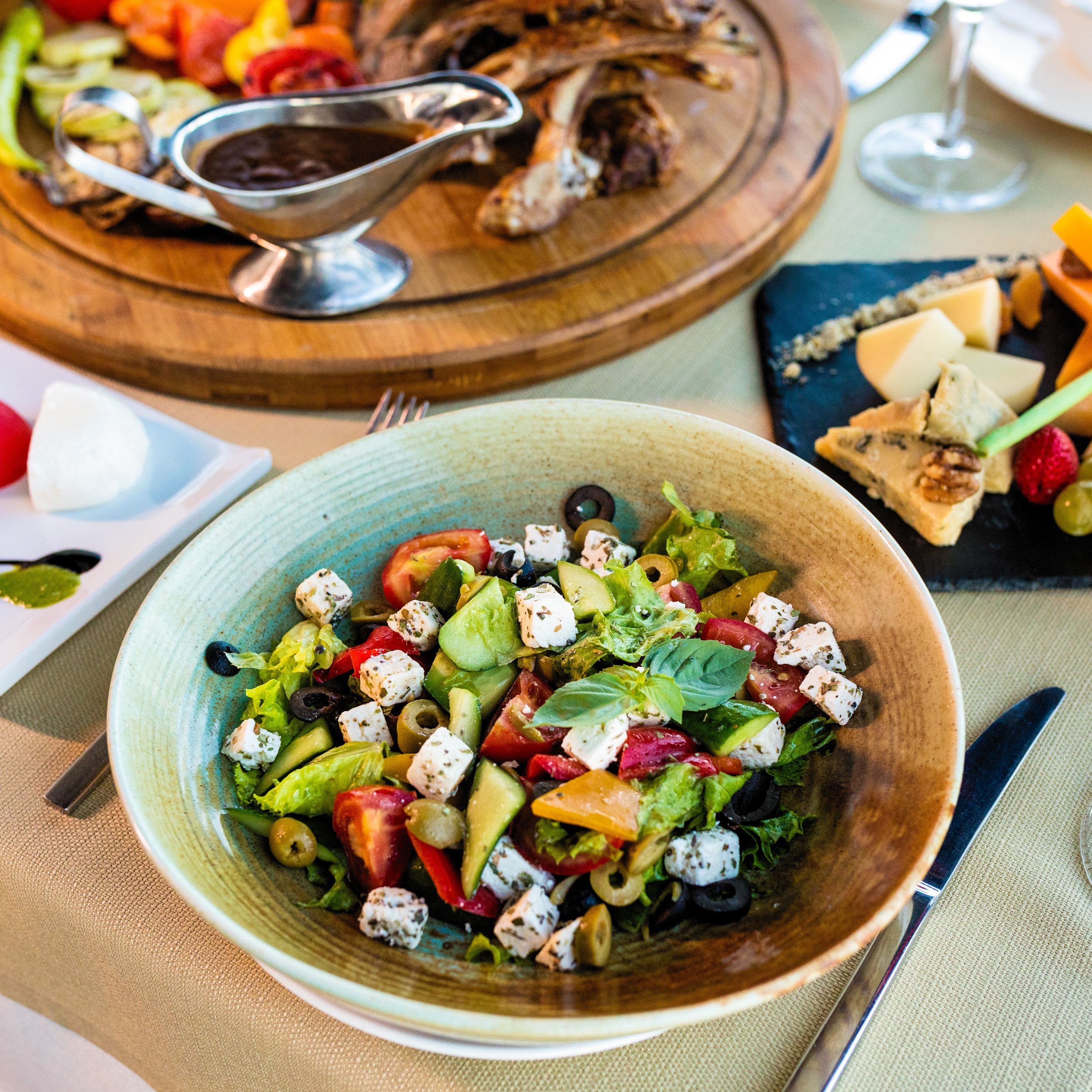Tips for Maintaining Healthy Eating Habits During the Summer
— By our Registered Dietitian, Brette Macey
As the weather turns warmer and the days get longer, the smell of BBQ’d hot dogs and cravings for ice cream may steer you off a nutritious track. Luckily, summertime is the perfect opportunity to include nutritious (and delicious) meals and snacks that satisfy your desire for light, hydrating, and fresh foods. Here are my top tips for maintaining healthy eating habits during the busy summer months.
Tip #1: Take advantage of fresh produce
Summer is the perfect time to explore your local farmer’s markets and stock up on seasonal produce from the grocery store. My advice is to focus on choosing a variety of vegetables and fruits of all different colours.
Why do colours matter? Antioxidants are what give fruits and vegetables their distinctive colours, and they help fight natural free-radical damage in the body to prevent and reduce cellular damage and fight inflammation. You’ll find Beta carotene in orange/red produce and polyphenols in dark purple/blue produce.
Different fruits and vegetables also contain different amounts of vitamins and minerals. To make sure you’re covering your bases, switch up your produce every week. How? I recommend picking one vegetable from each colour every week.
Choose 1 vegetable from each colour:
-
Spinach
Kale
Arugula
Swiss Chard
Collard Greens
Beet Greens
Cucumber
Peppers
Broccoli
Brussel Sprouts -
Beets
Red Cabbage
Red Onion
Eggplant
Cauliflower
Raddichio
Sweet Potato
Turnip
-
Carrots
Squash
Peppers
Pumpkin -
Peppers
Squash
Zucchini
Tomato
Beans
Parsnip -
Tomato
Bell Peppers
Raddish
Chili Pepper
Rhubarb
Tip #2: Grill your food
If you have access to a BBQ or grill, this can be an easy way to prepare meals in the summer. If you eat meat, choose omega-3 fatty fish such as salmon, arctic char, herring, mackerel and trout. If you’re a vegetarian, or even if you’re not, grill up some veggie rainbow kebabs or tofu.
In fact, take the same approach to tofu as you would chicken. You always marinate and season your meat before eating, and tofu absorbs flavours and seasonings just as well. Overall? Stick to lean foods like seafood, chicken, lean beef, or homemade veggie burgers.
Tip #3: Limit your intake of processed meats
Sausages, bologna, salami, hot dogs and meat alternatives (such as veggie dogs), are high in saturated fat. Too many of these inflammatory foods may raise your ‘bad’ cholesterol levels and have an impact on your cardiovascular health.
Instead, swap these for lean meats, fish, and homemade veggie dogs and burgers.
Tip #4: Be prepared with packed food from home
I know it’s not the first time you’ve heard that cooking and preparing food at home is the best way to maintain a healthy diet and prevent disease. But it’s because it’s true! Dedicating time each week to prepare meals and snacks ahead of time is an investment in your health and longevity.
Take a cooler bag with you for long day trips to the beach or park, and pack some of my favourite on-the-go snacks:
Homemade trail mix
Fresh fruit
Crackers and hummus
Whole wheat bread sandwiches




